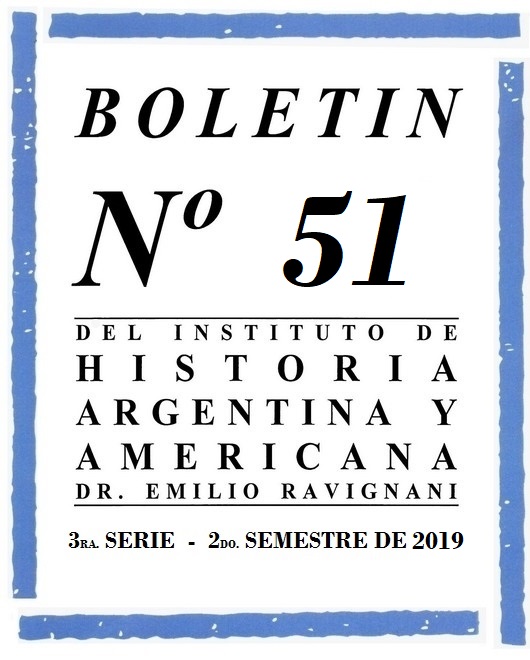Depraved, Crooks, and Degenerates? Origins of Narcotic Control in Argentina: An Approach from Córdoba
Abstract
In the biennium 1923-1924, the first specific and restricting laws against narcotics –such as opium, morphine, cocaine, heroin, and marijuana– were enacted. These measures marked the historical moment when the positions against the free use of opiates and alkaloids –positions that came from the global context, the ruling elites, the medical profession, and the mass media– crystallize in regulations for controlling, distributing, and commercializing of those substances. By analyzing the arguments by which a hegemonic anti-narcotics consensus was built up, and by emphasizing the convergences and nuances that emerged during which the social and the political were indissolubly joint together, this article critically inquire into the foundations of the regulationists discourses of that period.Downloads
The copyright is transferred to the Boletín, but the authors may retrieve them and reproduce their work in other media or formats by means of a written request to the Editorial Committee. In such cases, the Boletín will be cited as the first publication of the work.
The works are licensed under a Creative Commons Attribution-NonCommercial 4.0 International License, which allows others to share the work with an acknowledgment of their authorship and initial publication in this journal.
Also, by written request to the Editorial Committee of the Boletín, the authors may separately establish additional agreements for the non-exclusive distribution of the version of the work published in this journal (for example, placing it in an institutional repository or publishing it in a book), with an acknowledgement of its initial publication here. No commercial uses are allowed.



















